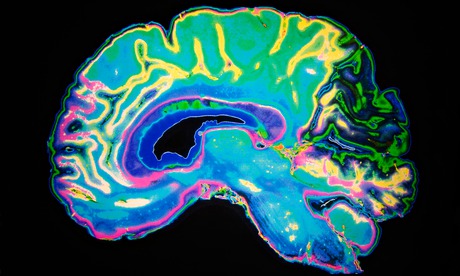
A study has linked commonly used medicines, including over-the-counter treatments for conditions such as insomnia and hay-fever, to dementia.
All of the types of medication in question are drugs that have an "anticholinergic" effect.
Experts say people should not panic or stop taking their medicines.
In the US study in the journal JAMA Internal Medicine, higher doses and prolonged use were linked to higher dementia risk in elderly people.
The researchers only looked at older people and found the increased risk appeared when people took drugs every day for three years or more.
Read more....




